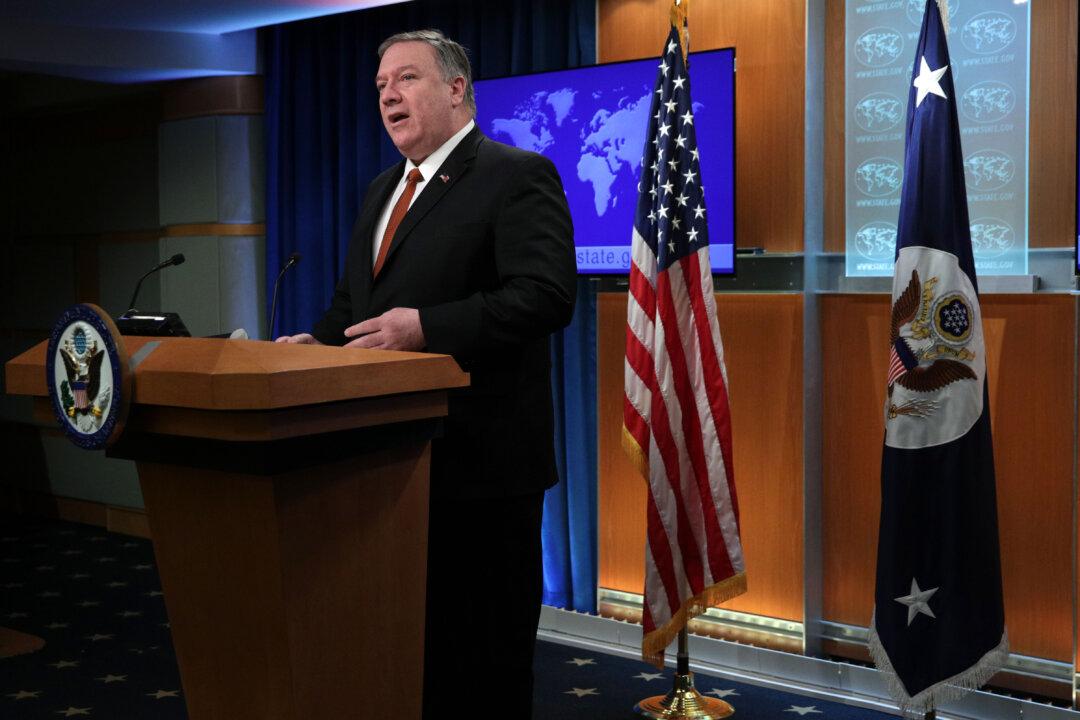The United States on March 13 released its annual “Country Reports on Human Rights Practices” documenting violations in nearly 200 countries and territories, with Secretary of State Mike Pompeo singling out by name Iran, South Sudan, Nicaragua, and China in his preface.
The 2018 global human rights report compiled by the State Department paints a dark picture of “appalling violations of human life, liberty, and dignity” that happen every day in many parts of the world. The department has exposed such occurrences every year since 1977.





